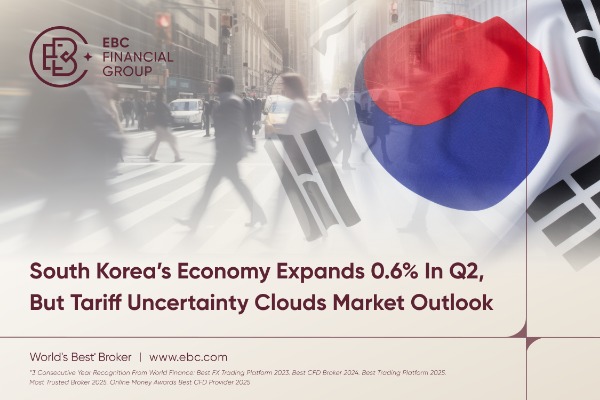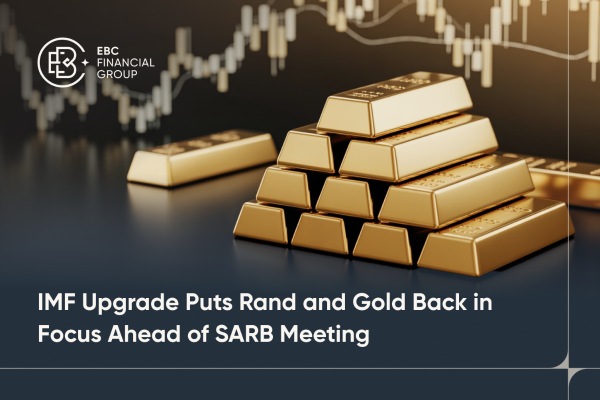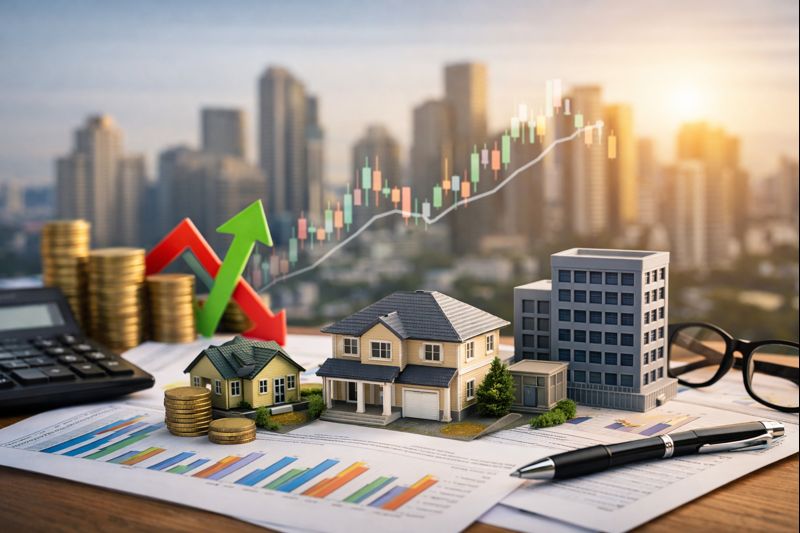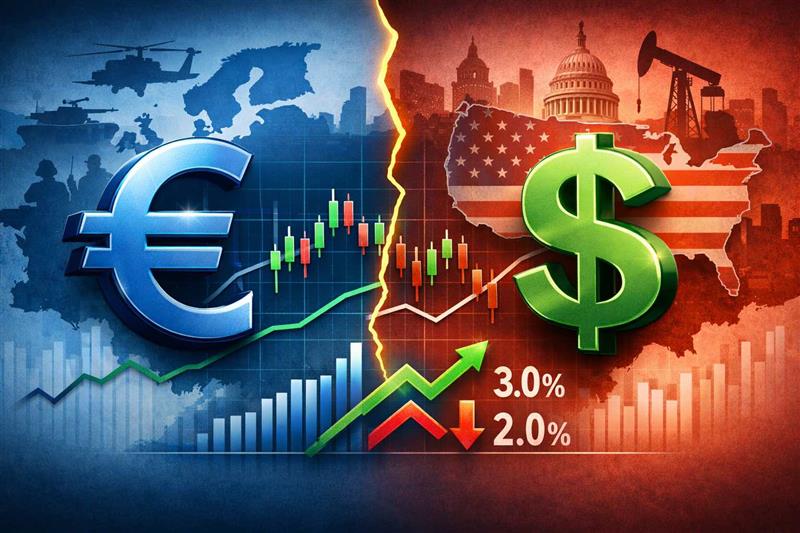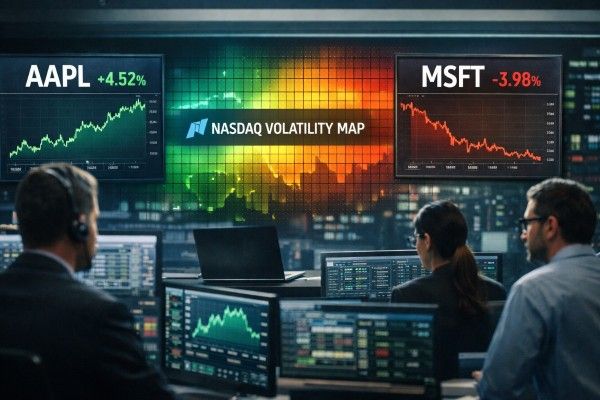South Korea's economy grew at its fastest pace in over a year in the second
quarter of 2025, challenging expectations for near-term monetary easing even as
trade tensions with the U.S. threaten to cloud the outlook. We highlight how a
convergence of `stronger domestic data and external policy risk is reshaping
investor positioning across bonds, FX, and sector-specific equities.
The Bank of Korea (BoK) held its benchmark interest rate steady at 2.50%
during its 10 July meeting—a move initially viewed as a cautious pause in a
broader easing cycle. But in the weeks since, macroeconomic data has
significantly shifted the picture. According to advanced central bank estimates
released on 24 July, GDP rose 0.6% quarter-on-quarter, outpacing the 0.5%
consensus forecast and reversing a 0.2% contraction in the previous quarter.
"South Korea's rebound is built on firm export momentum, but markets
shouldn't assume this removes downside risk," said David Barrett, CEO of EBC
Financial Group (UK) Ltd. "Growth, policy caution, and tariff uncertainty are
converging at once. That's what makes this moment especially sensitive for
cross-asset positioning."
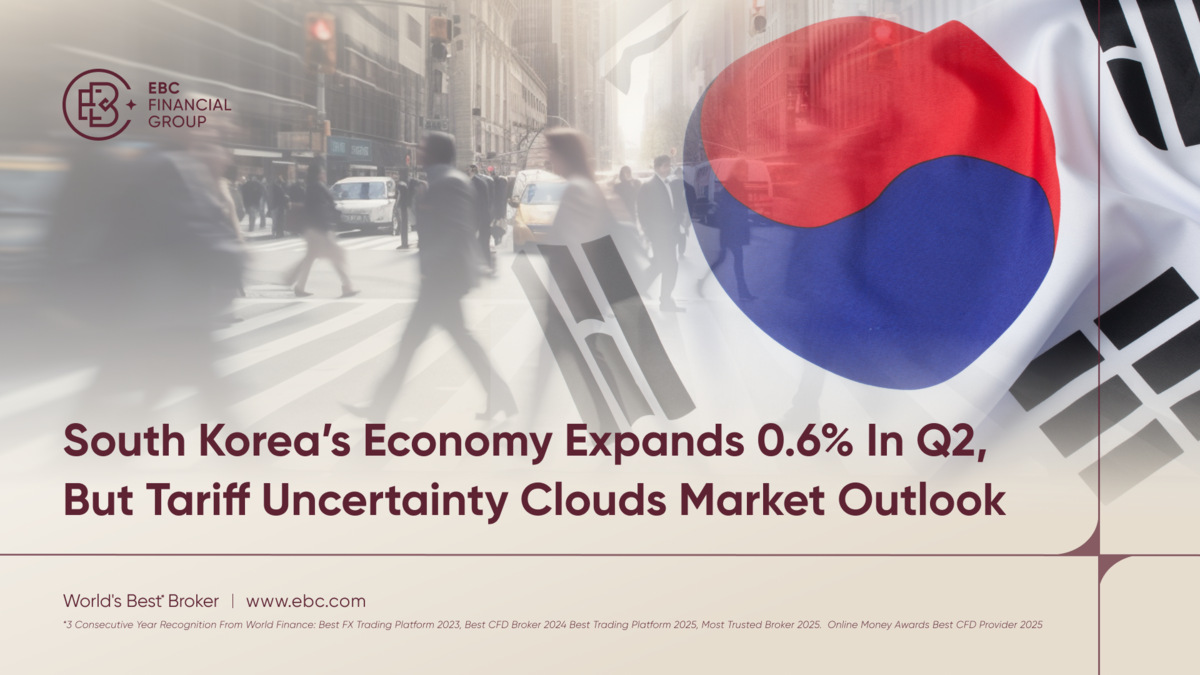
Momentum Anchored in Exports and Consumption
The Q2 expansion was driven by a 4.2% surge in exports, led by semiconductors
and petrochemical products—marking the strongest performance since Q3 2020.
Private consumption also climbed 0.5%, bolstered by increased spending on motor
vehicles and culture-related services. Government spending contributed an
additional 1.2%.
However, areas of weakness remain. Both facility investment and construction
investment fell 1.5%, revealing persistent fragility in corporate capital
expenditure and infrastructure momentum. The BoK noted that net exports and
domestic demand each contributed 0.3 percentage points to quarterly growth,
highlighting the delicate balance across drivers.
The economic upturn also followed the resolution of a months-long political
crisis. A snap presidential election on June 3 ended institutional uncertainty
after the constitutional court upheld former President Yoon Suk Yeol's
impeachment in April. While the transition restored market confidence, investors
remain focused on the policy signals coming from Seoul and abroad.
Trade Deadline Looms: August 1 as Risk Pivot
A critical point of concern is the August 1 deadline tied to U.S. trade
negotiations. President Donald Trump's proposed 25% reciprocal tariffs against
South Korea, announced in April, are currently on hold pending the outcome of
talks. While not yet in force, key industries such as automotive and steel have
already been affected by high product-specific tariffs.
Recent developments suggest growing uncertainty. A scheduled meeting with
U.S. Treasury Secretary Bessent was abruptly cancelled, and Korean officials now
describe the process as entering a "critical phase." Any failure to strike a
deal could trigger tariff escalation, rekindling export and FX volatility across
Korean markets.
Despite the Q2 GDP rise, the BoK maintains a 0.8% GDP growth forecast for
2025, citing persistent weakness in consumption and the overhang of U.S. trade
policy.
For investors, South Korea's Q2 growth—marginally above consensus—has
tempered the urgency for further interest rate cuts, prompting yield curve
adjustments as capital flow risks persist. In the currency markets, the Korean
won (KRW) remains exposed to trade-related volatility, with USD/KRW movements
likely to respond directly to developments around the August 1 tariff deadline.
Equities are similarly split—export-sensitive sectors such as automobiles and
steel may face downside risk if trade negotiations falter, while domestic
consumption and AI-linked industries are expected to find support from ongoing
fiscal stimulus.
With stronger near-term data offset by medium-term risks, we continue to
advise our clients on interpreting Korea's evolving macro story through a
tactical, cross-asset lens. As central bank caution intersects with trade
diplomacy and fiscal recalibration, South Korea remains a key market to watch in
Asia's second half.
Disclaimer: This article reflects the observations of EBC Financial Group and
all its global entities. It is not financial or investment advice. Trading in
commodities and foreign exchange (FX) involves significant risk of loss,
potentially exceeding your initial investment. Consult a qualified financial
advisor before making any trading or investment decisions, as EBC Financial
Group and its entities are not liable for any damages arising from reliance on
this information.
